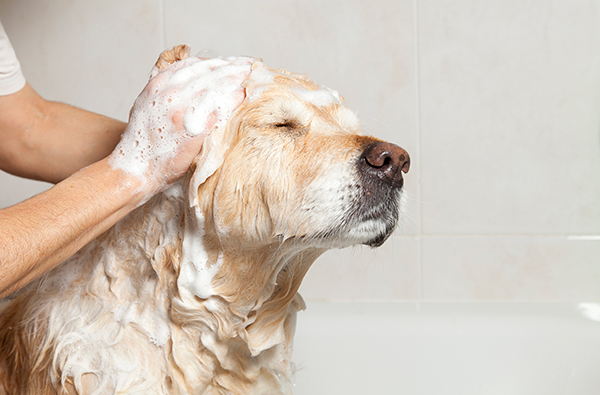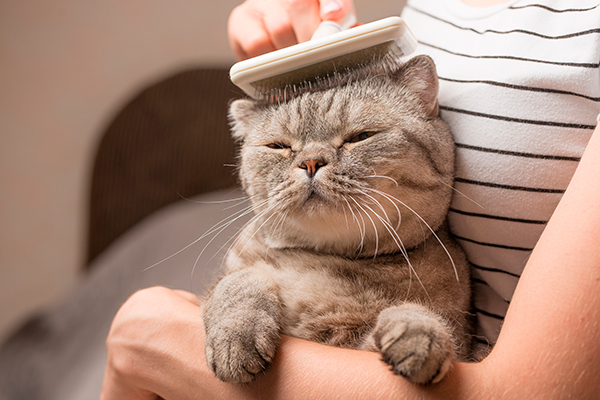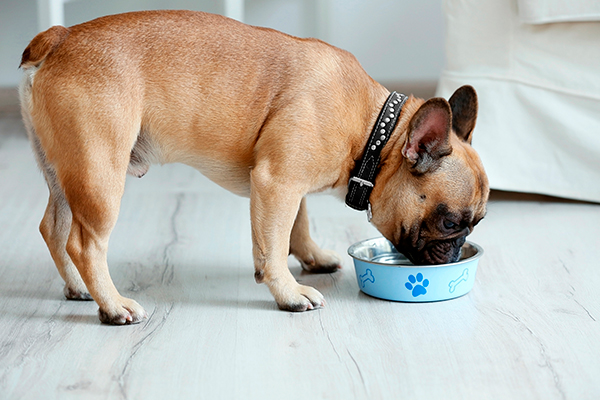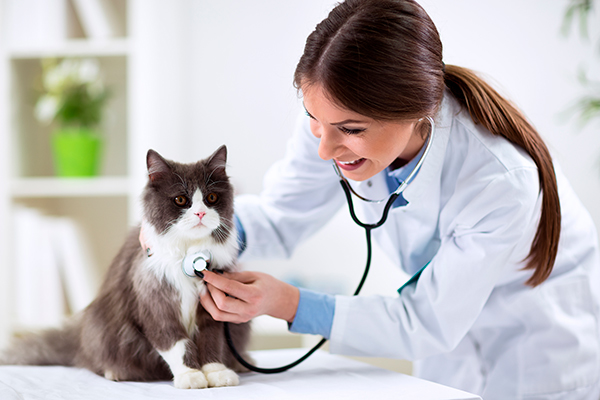(Family Features) Dogs and cats come in many shapes and sizes, and can have a range of different coats, from short-haired to long and smooth to curly or wire-haired.
While every pet is unique in looks and personality, a main responsibility for all pet parents is to make sure their furry friends are in good health. A pet’s coat is an indicator of overall health, so keeping a close eye on your pet’s snuggle-worthy appearance is one way to continually gauge the well-being of your dog or cat.
Consider these four tips to help keep your dog or cat’s coat healthy to ensure he looks and feels his best. For more details on bringing out your pet’s unique best, visit IAMS.com.

- Routine Grooming – Check with your veterinarian for a recommendation on how often you should bathe your pet, based on his breed and coat, and stick to that schedule. When selecting shampoo for your dog or cat, pick a product that matches your pet’s hair and skin type. For example, some pets may require moisturizing products to combat itchy or flaky skin, and some may benefit from a shampoo that prevents fleas and ticks. After finding the product that works, get ready to enjoy snuggles with your clean and healthy pet.

- Daily Brushing Ritual – Brushing your pet’s coat every day can offer a number of benefits. Beyond being a daily bonding moment, it also improves circulation, removes dead cells and makes hair shinier. Brushing also reduces the amount of excess hair your pet carries, which means less hair falling on your floor, rubbing off on your furniture and sticking to your clothes.

- Proper Nutrition – Nutrients like protein, fat, vitamins and minerals play an important role in overall coat health for both dogs and cats. When deciding what to feed your pet, consider an option like IAMS dog or cat food that offers tailored nutrition for pets’ life stage, size and specific health needs. Then fill up your dog or cat’s food bowl with goodness and watch your pet shine.

- Consult Your Vet – If your pet’s coat doesn’t seem to be at its best, talk to your veterinarian. In some cases, a lackluster coat could signal a deeper issue, such as itchy skin due to allergies. Your vet should be able to provide suggestions and treatments to help keep your pet’s coat healthy, shiny and snuggle-worthy.
Photos courtesy of Adobe Stock







